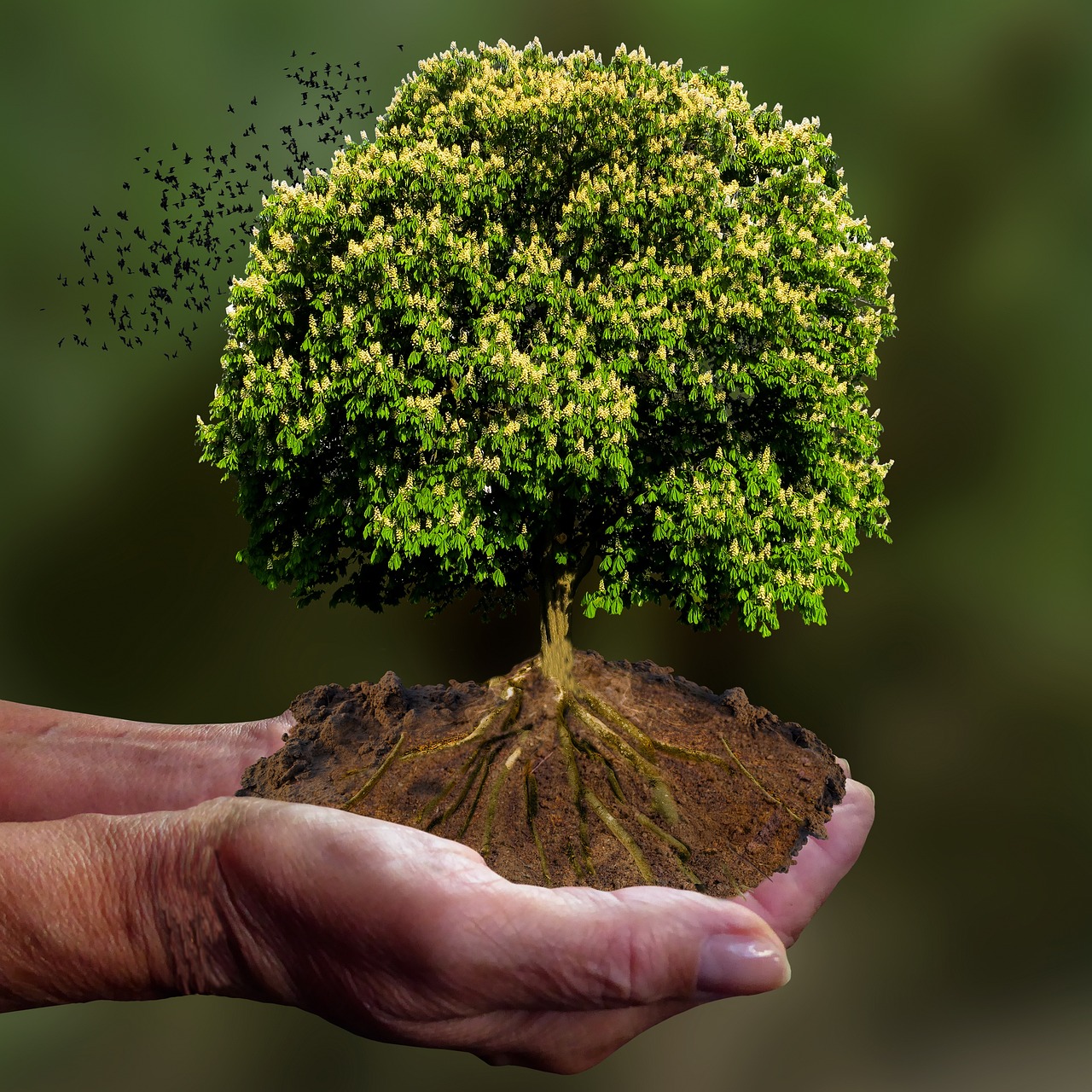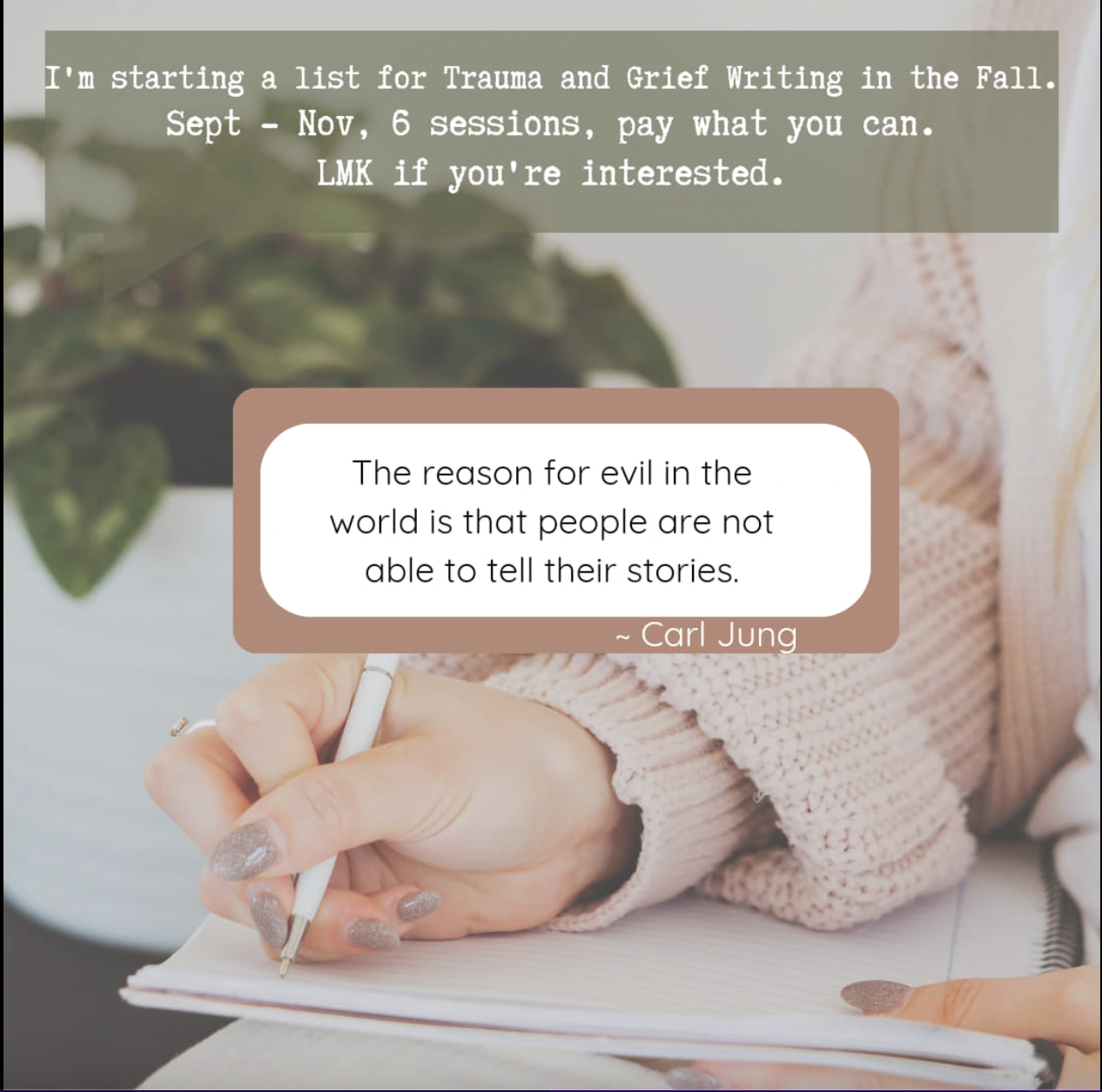“That is survival mode,” said my therapist.
I nodded. I knew that. Many of my behaviors were coping skills. Even *good* coping skills are feedback about where our nervous systems are at.
I felt shame first. I acknowledged it and then felt the grief underneath.

You don’t experience multiple Big Ordeals in a small amount of time without kicking into survival mode. As I write this, my dog is dying, my best friend moved away, I’m dropping my youngest off at college in a couple of weeks – there’s more. It’s a lot. And it sounds like a bad country song 🤣
Our nervous system’s gotta nervous system and our brains gotta brain. Mission: Protect.
I have held long-term beliefs that “healing” means a bunch of NOTS:
- Not kicking into survival mode
- Not being emotionally triggered
- Not losing my sh*t in times of stress
- Not jumping into a spiral before I could stop it
- Not feeling low-key desires of unaliveness
- Not making occasional Big Mistakes
- Not having to work through uncomfortable truths
I guess I thought healing meant being a robot? Lol.
These beliefs have been in the dismantling process for a few years, and now they are really breaking down. Like food scraps in a compost heap – add dirt, water and heat and, over time, you get rich soil full of Good Stuff to grow.
If I know how to do anything, I know how to turn garbage into Good Stuff.
What Healing Means to Me
It wasn’t until I processed through the shame I felt about my therapist saying, “That is survival mode” that I began to list what healing means to me.
Healing means:
- Learning what it means to be human and allowing myself to be fully human
- Honoring all parts of myself
- Finding my true identity underneath the layers as garbage turns to compost
- Rooting myself in safety (like a redwood or oak) and returning to those roots
- Capacity to feel the ENTIRE SPECTRUM of emotions
- Accepting truth and things as they are
- Willingness to shift/change/adapt
- Meeting each other where we are
- Being present with myself and with my pain and joy
- Practicing radical Self-Compassion and gentleness
- Acknowledging and responding to my needs underneath my behavior
When my clients are in a place similar or more challenging than my current space, I get *really* excited.
Breaking Down To Build Back Up
This excitement is typically met with confusion, and that’s fair 🤣
I say, I know my enthusiasm is weird, and me saying that this is an exciting place for you is weird.

I say, in this place, you are ready. You are willing. To see and acknowledge. Be aware. To come out of numbness and isolation and into compassion and community. This is EVERYTHING.
This is the MOST IMPORTANT, LIFE-CHANGING time that you will spend with yourself.
You are changing your pain into purpose and meaning. You are moving *forward*.
Today – during this time – I say the same things to myself.
I have clients who – as we are traveling together on their paths forward – ask, “Is this awareness and presence and work and forward movement better than how I was living before?”
That’s fair. Life doesn’t stop. Tough stuff (and joy) do not stop.
I haven’t known how to answer that.
Now I do.
The answer is YES.
What about you? What does healing mean to you?
Find Out What Healing Means to You

Sign up here to get a free copy of Five Things Every Trauma Survivor Needs to Know AND
61 Tips About the Grief Experience.
Find out more about Trauma and Grief Recovery Coaching
I offer one-on-one sessions, groups, PTSD Remediation, and classes. Appointments are offered in-person and online.
Try Trauma Recovery and Grief Recovery Coaching for Free! Book a free 30-minute Discovery Call to find out more!









